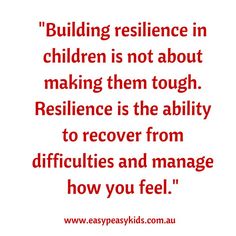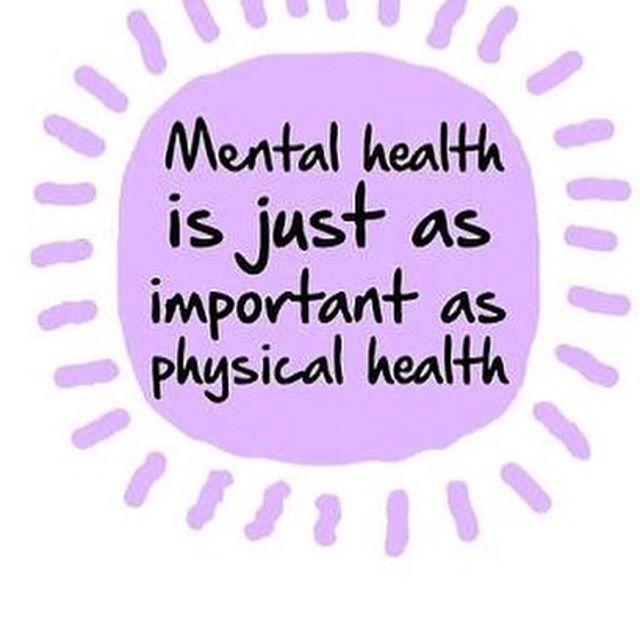Mental Health and Wellbeing

At St Luke's, we aim to promote positive mental health and wellbeing for our whole school community (children, staff, parents and carers), and recognise how important mental health and emotional wellbeing is to our lives in just the same way as physical health. We recognise that children’s mental health is a crucial factor in their overall wellbeing and can affect their learning and achievement. All children go through ups and downs during their school career and some face significant life events. At St Luke's, we take emotional health and mental well being very seriously.
The Department for Education (DfE) recognises that: “in order to help their children succeed; schools have a role to play in supporting them to be resilient and mentally healthy”. Schools can be a place for children and young people to experience a nurturing and supportive environment that has the potential to develop self-esteem and give positive experiences for overcoming adversity and building resilience. For some, school will be a place of respite from difficult home lives and offer positive role models and relationships, which are critical in promoting children’s wellbeing and can help create a sense of belonging and community.
has the potential to develop self-esteem and give positive experiences for overcoming adversity and building resilience. For some, school will be a place of respite from difficult home lives and offer positive role models and relationships, which are critical in promoting children’s wellbeing and can help create a sense of belonging and community.
Our role in school is to ensure that children are able to manage times of change and stress, and that they are supported to reach their potential or access help when they need it. We also have a role to ensure that children learn about what they can do to maintain positive mental health, what affects their mental health, how they can help reduce the stigma surrounding mental health issues, and where they can go if they need help and support.
In St Luke's we:

help children to understand their emotions and feelings better
help children feel comfortable sharing any concerns or worries
help children socially to form and maintain relationships
promote self-esteem and ensure children know that they count
encourage children to be confident and ‘dare to be different’
help children to develop emotional resilience and to manage setback
Our aim is to help develop the protective factors which build resilience to mental health problems and to be a school where:
- All children are valued.
- Children have a sense of belonging and feel safe.
- Children feel able to talk openly with trusted adults about their problems without feeling any stigma.
- Positive mental health is promoted and valued.
- Bullying is not tolerated.
Just as people's bodies can become unwell, people's minds can become unwell too. Mental health problems are more common than you think - three children in every classroom have a mental health problem (Young Minds).
LOOKING AFTER OUR EMOTIONAL WELLBEING AND MENTAL HEALTH
What else do we do at St Luke's support children’s emotional well-being and mental health?
- St Luke's is committed to creating a happy, caring and supportive environment. As well as a learning environment, the school ensures there is a positive, supportive and inclusive ethos where children can thrive and achieve their personal best.
- Personal, Social and Health Education (PSHE) is a central to the curriculum across the whole school. PSHE assists pupils to cope with the changes at puberty, introduces them to a wider world, manage transitions and enables them to make an active contribution to their communities. The concepts covered in PSHE include identity, managing feelings and emotions, relationships, change, resilience and being healthy, which includes physical, emotional and social well-being.
- Within the National Curriculum, every child has a minimum of two hours of physical education each week. A significant number of pupils attend at least one sport-related after-school club, and a selection take part in inter-school sporting competitions.
- We promote healthy eating throughout the school. We have a children’s garden area with with raised growing beds. The children grow fruits, vegetables and herbs.
- To support children’s social and emotional development, and their well-being we offer an extensive range of after-school clubs - all with a view to increasing the range of experiences that children have, enabling them to make informed choices for adult life. Activities are designed to be fun and cater for a wide variety of interests.
- We monitor the wellbeing of our disadvantaged and vulnerable children. The Inclusion Manager is a member of the Senior Leadership Team and meets with children and their parents regularly.
- We include World Mental Health Day and Mental Health Awareness Week in the school calendar and plan activities for the whole school community.
- The school is committed to gaining a fuller understanding of mental health and supporting the needs of identified children.
- All staff are trained in supporting children’s wellbeing;
- As a school, we have and continue to access outside help and support for pupils when required.
Mental health difficulties can be extremely hard to talk about but there is a lot of support available. Below are some links to key organisations offering professional and confidential help:
An NHS website with suggestions about living well and links to national support organisations for adults and young people.

A website for young people and also their careers. This website includes advice on how to look after yourself as well as lots of helpful and friendly information.
If you are worried about you or your child's mental health you can talk about this with your GP or in confidence to a member of the school staff. We can make a referral to CAHMS (Children and Adults Mental Health Services).
Alternatively you can contact the Community CAHMS Consultation Service who offer a consultation service to parents, carers and professionals. They give you the opportunity to discuss your concerns about a young person's emotional well-being before a referral is made. Experience shows that an early consultation can often address concerns and save the need for a referral. If they are not the right service for you, they can signpost you to an alternative one.





